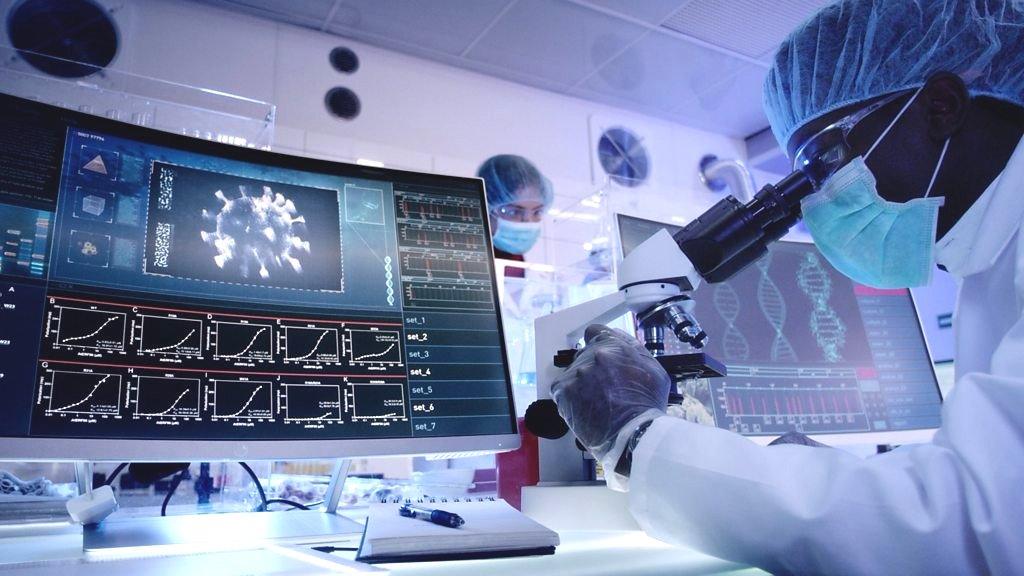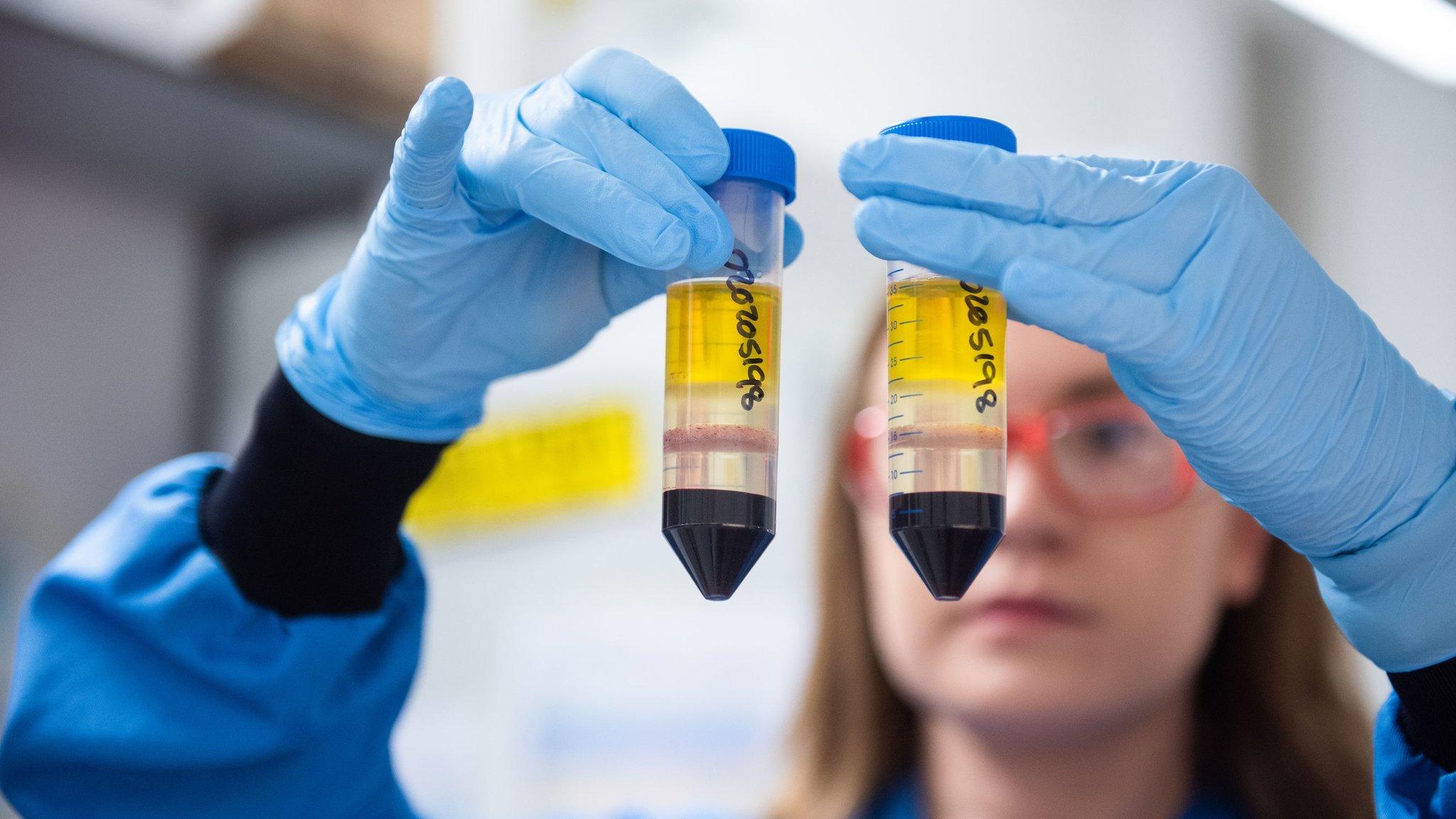Coronavirus: Why won't children get the vaccine?
- Published
- comments
The BBC's health reporter Anna Collinson answers your questions about the new coronavirus vaccine
Children will not be on the list to get a vaccine that protects people against Covid-19.
The first people to get the coronavirus vaccine will be older people who are at most risk, for example those over 60 or with a health condition, and care home and healthcare workers.
Health secretary Matt Hancock says children have a lower risk of being badly affected by Covid-19 if they catch it.
Mr Hancock said: "This vaccine will not be used for children. It hasn't been tested on children. And the reason is that the likelihood of children having significant detriment if they catch Covid-19 is very, very low.
"So, this is an adult vaccine, for the adult population."
Earlier this year, researchers at the University of Oxford, working on what's been called the Oxford vaccine, said phase two of their plan involved assessing the use of the vaccine in children aged 5-12 years.
They said they wanted to see the immune response to the vaccine in people of different ages, to find out if there is variation in how well the immune system responds in older people or children.
Vaccines: What are they and how can they help fight Covid-19?
On 2 December, UK health authorities approved the Pfizer/BioNTech coronavirus vaccine for use, becoming the first country in the world to do so.
Pfizer went down to age 12 but no younger in its trials, while biotech company Moderna did not do clinical trials on anyone under the age of 18.
Both these vaccines are awaiting approval from the US Food and Drug Administration, and US officials have said it is important that the vaccine is tested on children and teens prior to its widespread distribution in 2021.
Pfizer vaccine: The UK government has secured around 40 million doses of the - enough for 20 million people or about a third of the UK population.
Moderna vaccine: The UK has ordered 5 million doses to be delivered by spring.
Oxford vaccine: The government has reserved 100 million doses of this vaccine which it has helped fund.
Both companies have now started trials in the US to see how the virus performs on young people.
Moderna has begun testing its coronavirus vaccine on children aged 12, while Pfizer has now started testing to see its effects in teens and children.
The clinical trials will involve 3,000 volunteers between the ages of 12 and 18, across six US states.
Coronavirus: Meet the experts behind 'brilliant' Covid-19 vaccine
BBC Health correspondent Anna Collinson said that when it comes to resources, it makes sense that there are currently no plans to offer children the vaccine.
She told Newsround: "The vaccine is extremely valuable so it needs to be given to those who are most at risk of the virus first - and age is the biggest risk factor.
"People aged 50 and under are at the bottom of the list, and children currently will not be vaccinated because they are low risk."
- Published2 December 2020

- Published24 November 2020

